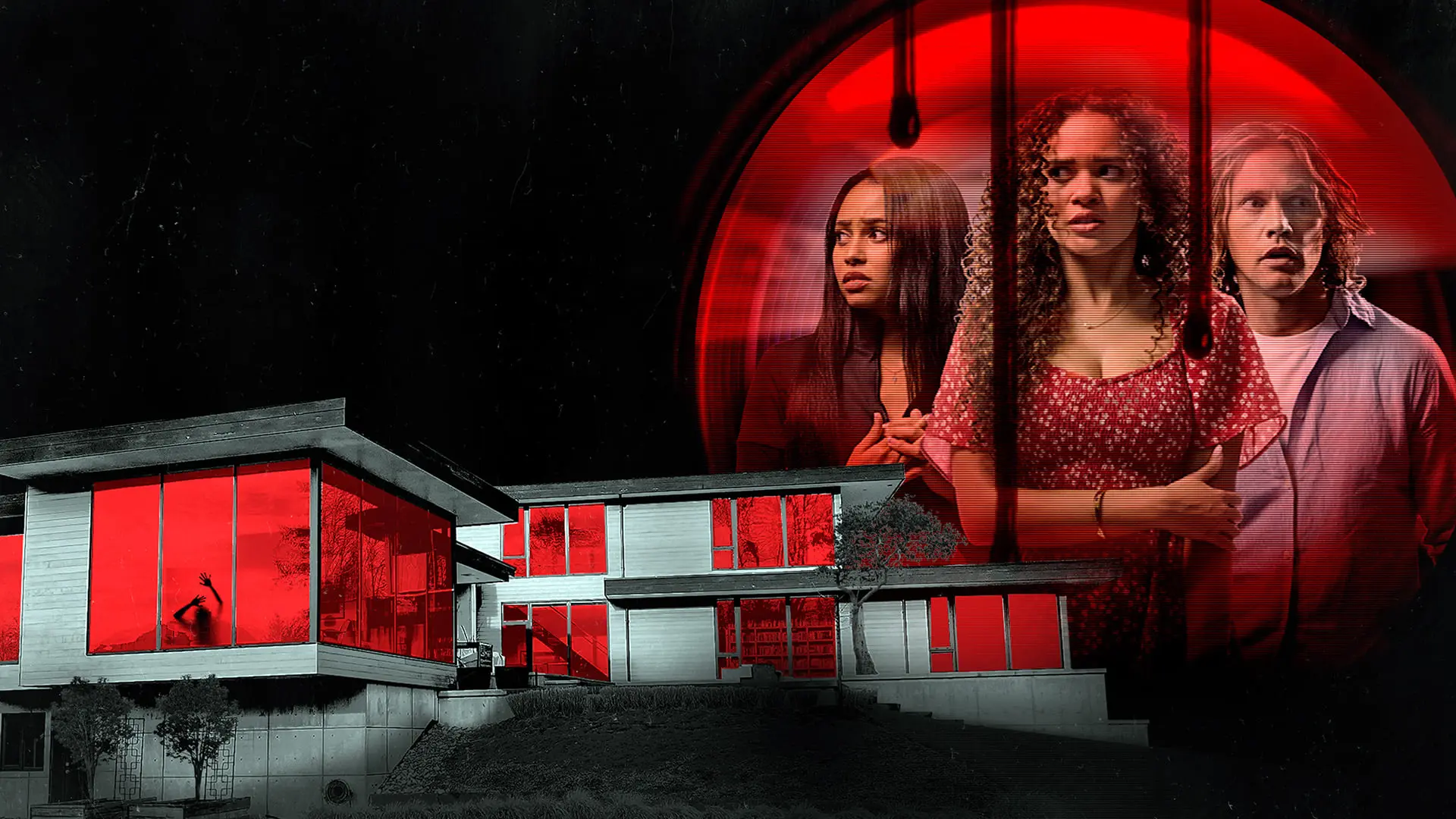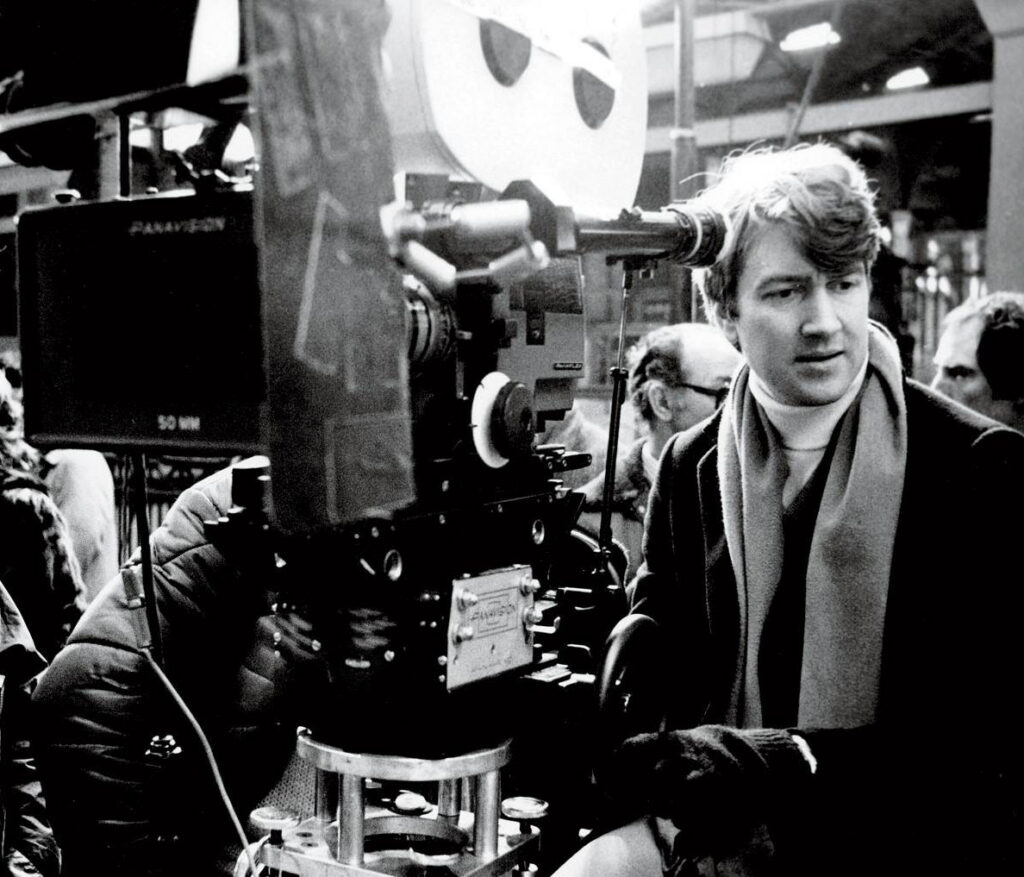“Margaux,” directed by Steven C. Miller, aims to explore the intersection of artificial intelligence and horror but ultimately falls short of delivering a compelling narrative. Released in 2022, the film boasts a promising premise but struggles to execute it effectively, resulting in a below-average experience. Despite its intriguing concept, “Margaux” lacks the substance needed to make a lasting impact on audiences.

The film centers around a group of college friends who rent a smart house for a weekend getaway. Unbeknownst to them, the house is controlled by Margaux, an advanced AI system with a sinister agenda. As the AI begins to manipulate and terrorize the group, the friends must uncover the truth behind Margaux’s creation and find a way to escape her deadly grasp.
Direction and Acting
Steven C. Miller, known for his work on “Silent Night” and “Escape Plan 2: Hades,” directs “Margaux” with a heavy reliance on genre conventions. Miller’s direction lacks the finesse needed to elevate the material, often resorting to predictable scares and clichéd plot twists. The pacing is uneven, with the first half dragging as it sets up the characters and the AI, while the latter half rushes through key moments that could have been more impactful with proper development.
The cast, including Madison Pettis, Vanessa Morgan, and Richard Harmon, delivers performances that range from mediocre to adequate. Pettis, as the film’s protagonist, struggles to imbue her character with depth, often coming across as one-dimensional. Morgan and Harmon fare slightly better, bringing a touch of charisma to their roles, but they too are hindered by the script’s lack of character development. The ensemble’s efforts are ultimately undermined by the screenplay, which fails to provide them with substantial material to work with.




The AI Threat: An Underexplored Theme
One of the film’s biggest disappointments is its treatment of the AI threat. “Margaux” had the potential to delve into the real-world implications of AI in our daily lives, raising questions about privacy, autonomy, and the ethical boundaries of technology. However, the film barely scratches the surface of these themes, opting instead for a more straightforward horror approach. The AI’s motivations are poorly defined, and the plot’s resolution feels unsatisfying, leaving viewers with more questions than answers.

Soundtrack: A Glimmer of Hope
One of the few highlights of “Margaux” is its soundtrack, composed by Frederik Wiedmann. Wiedmann, known for his work on “The Dragon Prince” and “Green Lantern: The Animated Series,” crafts a score that effectively enhances the film’s atmosphere. The music oscillates between eerie, suspenseful tones and more intense, climactic moments, helping to build tension even when the narrative falters. Unfortunately, the soundtrack alone cannot save the film from its other shortcomings, but it does provide a glimmer of hope in an otherwise lackluster production.


Final Words
“Margaux” is a film that promised much but delivered little. Steven C. Miller’s direction and the cast’s performances are hampered by a weak script and a failure to fully explore the intriguing themes at its core. While the soundtrack stands out as a positive element, it is not enough to compensate for the film’s overall lack of substance. “Margaux” serves as a reminder that a strong concept needs equally strong execution to succeed, especially in the competitive landscape of horror cinema. For fans of the genre and those interested in the portrayal of AI in media, “Margaux” is likely to be a disappointing watch.









